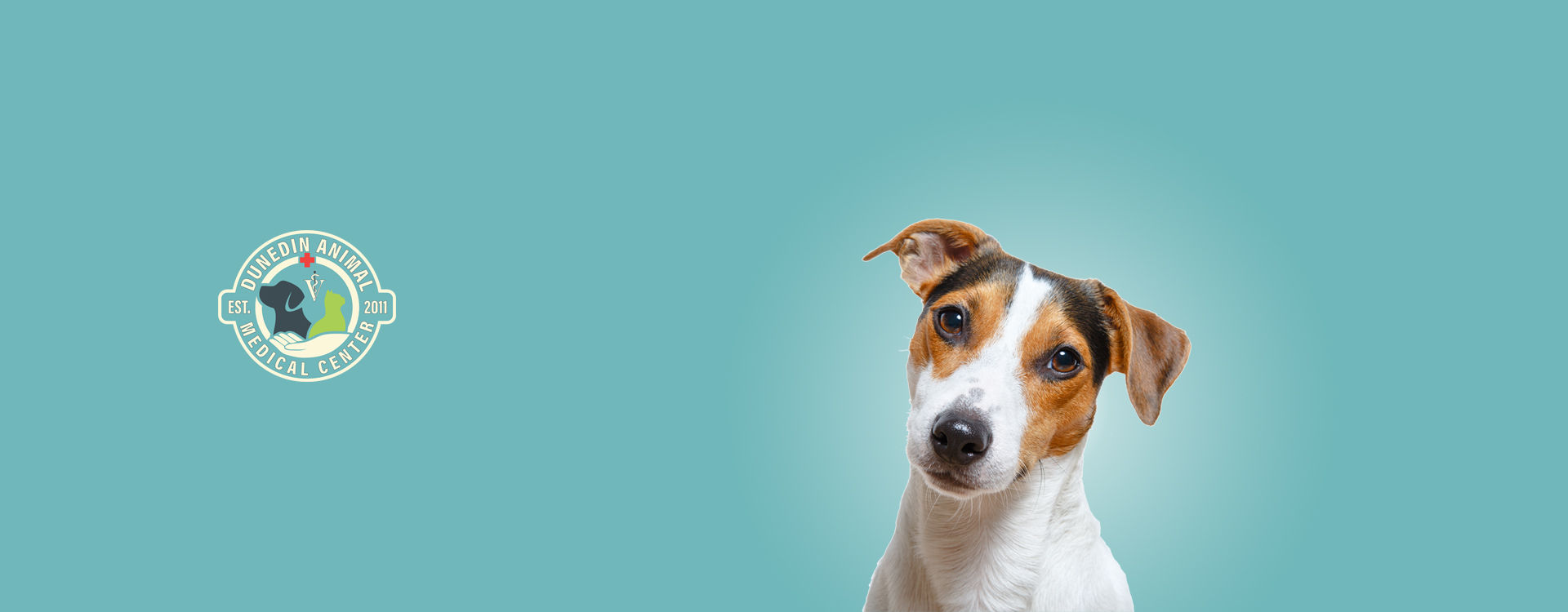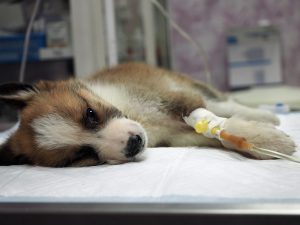
What to do if your Dog or Cat Ingests Ethylene Glycol
Ethylene glycol is a sweet-tasting chemical used in many products, including antifreeze (coolants for motor-vehicle engines), de-icing solutions, solvents, and some cosmetics. Though it has a sweet taste, ethylene glycol is poisonous to dogs and cats. If you think your pet may have ingested ethylene glycol, it’s important to take action immediately and call a local emergency veterinarian.
The signs of ethylene glycol poisoning can be subtle at first and may not be immediately apparent. Symptoms may include vomiting, lethargy, loss of appetite, increased thirst and urination, abdominal pain, and coordination. If left untreated, ethylene glycol poisoning can lead to kidney failure and death.
If you think your pet has ingested ethylene glycol, call your veterinarian right away. Do not induce vomiting or give your pet anything by mouth unless directed to do so by a veterinary professional. Bring a sample of the product your pet ingested with you to the vet appointment so the staff can better assess the situation and determine the best course of treatment.
Treatment for ethylene glycol poisoning generally includes the administration of intravenous fluids to flush the toxin out of your pet’s system as well as drugs to protect the kidneys from damage. In some cases, blood transfusions may also be necessary. The sooner you seek treatment for your pet, the better their prognosis will be.
Ethylene glycol poisoning is a serious condition that can be fatal if not treated promptly. If you think your dog or cat has ingested ethylene glycol, call your veterinarian right away and bring a sample of the product with you to the appointment. With prompt treatment, most pets make a full recovery.
